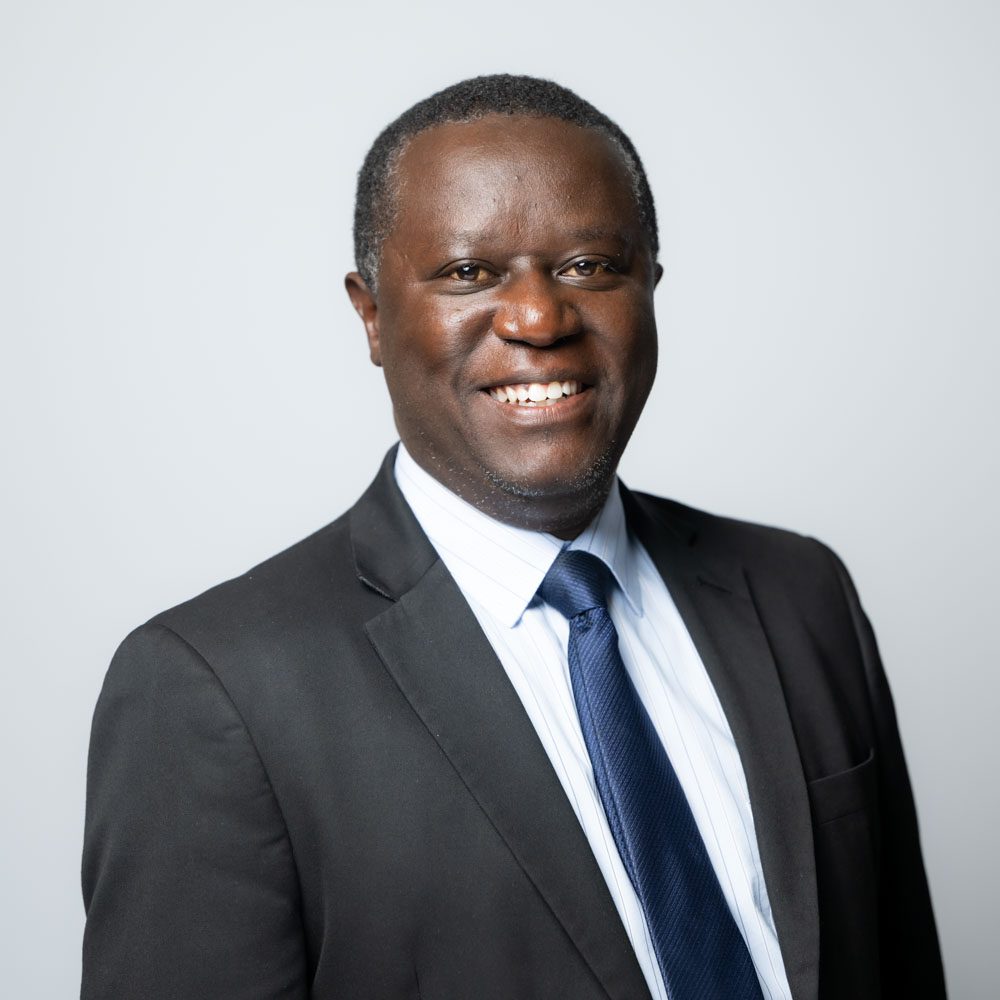H.E. Yoweri Kaguta Museveni has ordered a fresh audit of the current list of cattle compensation beneficiaries in the Acholi Sub-region. The list is believed to be marred by corruption, fraud, ghost names, verification gaps, and discrepancies in payments.
This directive follows a regional tour and engagement with leaders in the Acholi Sub-region on matters concerning cattle compensation and other government programs.
In a memorandum of understanding presented by Hon. Okin P.P. Ojara of Chua West, it was highlighted that the Acholi Sub-region, like other regions in the country, has experienced numerous insurgencies.
These date back to the 1979 NRA (National Resistance Army) war against Idi Amin’s regime, the UPDA (Uganda People’s Democratic Army) rebellion, the Holy Spirit Mobile Movement led by Alice Lakwena, the Karamojong invasions, and the two-decade-long Lord’s Resistance Army (LRA) insurgency. These conflicts led to the massive loss of cattle—an asset central to the Acholi identity.
The government had earlier committed to compensating citizens for property lost during these conflicts through peace agreements, including the 1980 Juba Peace Agreement and the Pece Agreement.
In March 2022, from Soroti University, the President officially launched the cattle compensation program, allocating a total budget of 200 billion shillings. Of this, 159.5 billion was released, and 158.31 billion shillings was paid to 28,281 claimants across the three sub-regions of Acholi, Lango, and Teso.
Teso Sub-region received the highest amount—65,912,898,246 shillings—for 11,056 claimants. Lango followed with 48,736,020,500 shillings for 12,389 beneficiaries. Acholi received 43,666,954,842 shillings for 4,836 beneficiaries. These disparities sparked debate over the process, raising questions about the registration and verification of claimants.
In his remarks to the President, Hon. Okin P.P. Ojara outlined several key bottlenecks identified by Acholi leaders during the registration and verification process. These included corruption, flaws in verification procedures, delayed payments, and lack of involvement of local leaders—factors that have significantly hampered the process.
Minister for Justice and Constitutional Affairs, Hon. Norbert Mao, also called for a revision of the process. He cited cases of alleged misconduct and noted that payments were not reaching the intended beneficiaries. He shared an incident in which he was contacted to confirm whether he, too, wanted to be compensated—an offer he reportedly declined and condemned.
In a report presented by the Deputy Attorney General, the government confirmed that 158,315,873,588 shillings had so far been paid to 28,281 beneficiaries across Acholi, Lango, and Teso sub-regions. However, despite these payments, many community members feel the rightful beneficiaries are still being left out. This widespread dissatisfaction prompted the President to task Acholi leaders with forming a new audit committee. The committee is to review the list of beneficiaries within one month before any further payments are made.
In 2006, a group of elders from the Acholi Sub-region filed a legal suit (Case No. 037 of 2006) demanding compensation for properties lost during the war. Later, in 2022, the matter reached the Court of Appeal (Case No. 92 of 2022), but President Museveni called for the issue to be settled out of court. This led to the official launch of the compensation process in Soroti City in March 2022.
Despite the government’s commitment, President Museveni emphasized that not every loss during the war could or should be compensated. However, he agreed to proceed with the initiative as a man of peace and in response to the people’s demands. He acknowledged that such confusions were anticipated but felt it was worth pursuing.
He concluded by advising that more energy and focus should be directed toward key community priorities such as education, healthcare, security, and other development sectors, to ensure steady progress.




















